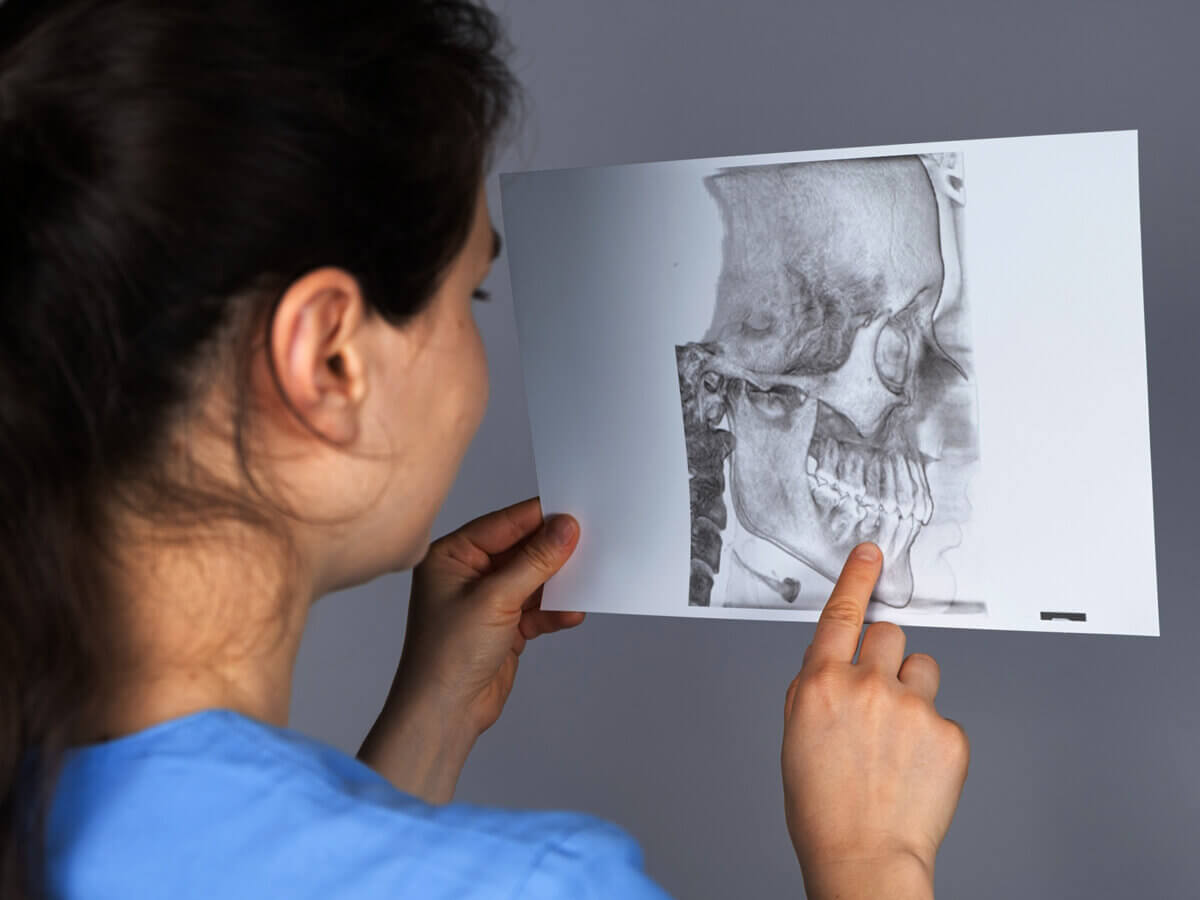Blog
Dental hygiene tips for healthy teeth & gums

What Is Malocclusion And How Does It Affect Your Oral Health?
When the jaws are closed, malocclusion occurs when the teeth are not correctly aligned. Crowded teeth, overbite, underbite, crossbite, and open bite are all possible presentations. Although malocclusion mainly affects the teeth, it can have severe consequences for your oral health. The effects of malocclusion on your teeth and gums are discussed here.
Insight on Malocclusion
When the jaws and teeth don’t align properly, it’s called malocclusion. It can be caused by genetics, aberrant tooth development, habitual thumb sucking or dummy use, jaw damage, tongue thrusting and mouth breathing. The severity of malocclusion and the difficulties it causes each individual vary widely.
- Underbite
The condition known as underbite develops when the lower teeth protrude more than the top teeth. After doing this, your smile will have more of a “bulldog” look. In addition to increasing the risk of cavities and other dental problems, an underbite can create difficulty with eating and swallowing, mouth breathing, speaking, and even sleep apnea. Also, underbites might cause gums and jaw joint (TMJ) issues.
- Overbite
Overbite occurs when the upper teeth protrude further than the lower teeth and is the polar opposite of underbite. Your smile may end up looking more “horse-like” as a result. Because the top front teeth are exposed and, therefore, more vulnerable to decay and sensitivity when there is an overbite, it is considered an effective form of malocclusion.
- Crossbite
This condition is called crossbite when the upper and lower jaws move in opposite directions. It leads to an irregular angle of contact between the teeth, which can be damaging. Though less severe than overbite or underbite, crossbite still requires the team’s expertise at Smile Drs. Furthermore, TMJ issues are highly correlated with crossbites.
Effects on Oral Health
The effects of malocclusion on your teeth and gums are discussed here.
- Effects on Gum and Tooth Health
Problems with Good Hygiene: Malocclusion might make brushing and flossing your teeth hard. Plaque, tooth decay, and gum disease are more likely when teeth are crowded or misaligned, making it difficult to clean between them.
Uneven wear on the tooth surfaces from a misaligned bite can cause cracks, chips, and breaks in teeth if they aren’t correctly cared for. Tooth loss or significant wear might arise from the abnormal distribution of force caused by misalignment.
TMJ Disorders
Malocclusion increases the risk of developing temporomandibular joint (TMJ) disorders. Without adequate dental alignment, the jaw joints are subjected to unnecessary strain, which can cause pain, discomfort, clicking or popping sounds, and limited jaw movement.
Pronunciation and speech patterns may be altered by severe malocclusion. When teeth and jaws are not properly aligned, it can restrict the range of motion of the tongue and lips, making it harder to produce particular sounds.
- Confidence and Self-Esteem
Confidence and self-esteem can be damaged due to malocclusion when malocclusion is visible and affects the smile’s appearance. Social anxiety, unwillingness to smile or talk in public, and a general decline in happiness are all possible psychological fallouts of this situation.
Possible Courses of Treatment
Fortunately, orthodontists and general dentists who specialise in orthodontics can correct malocclusion. The severity and kind of misalignment will determine the most effective treatment for malocclusion. Possible methods of treatment include:
- Traditional braces, made up of brackets and wires, can gradually move teeth into their ideal positions.
- Using a succession of custom-made, removable trays, transparent aligner systems like Invisalign gradually shift the teeth into place.
- Appliances used to straighten teeth and treat jaw growth irregularities include headgear and palatal expanders or retainers.
- Extraction of a tooth or teeth may be necessary in extreme crowding situations to allow healthy teeth to erupt in their regular positions.
- Corrective jaw surgery to realign the jaws is suggested when the malocclusion is severe.
In Conclusion
Malocclusion can have severe consequences for your oral health, influencing your ability to maintain good oral hygiene, speak clearly, and feel good about yourself. See a dentist immediately if you have any warning indications associated with malocclusion. They will be able to diagnose your situation and advise you on the best course of action to correct the malocclusion, boost your oral health, and increase your well-being.
